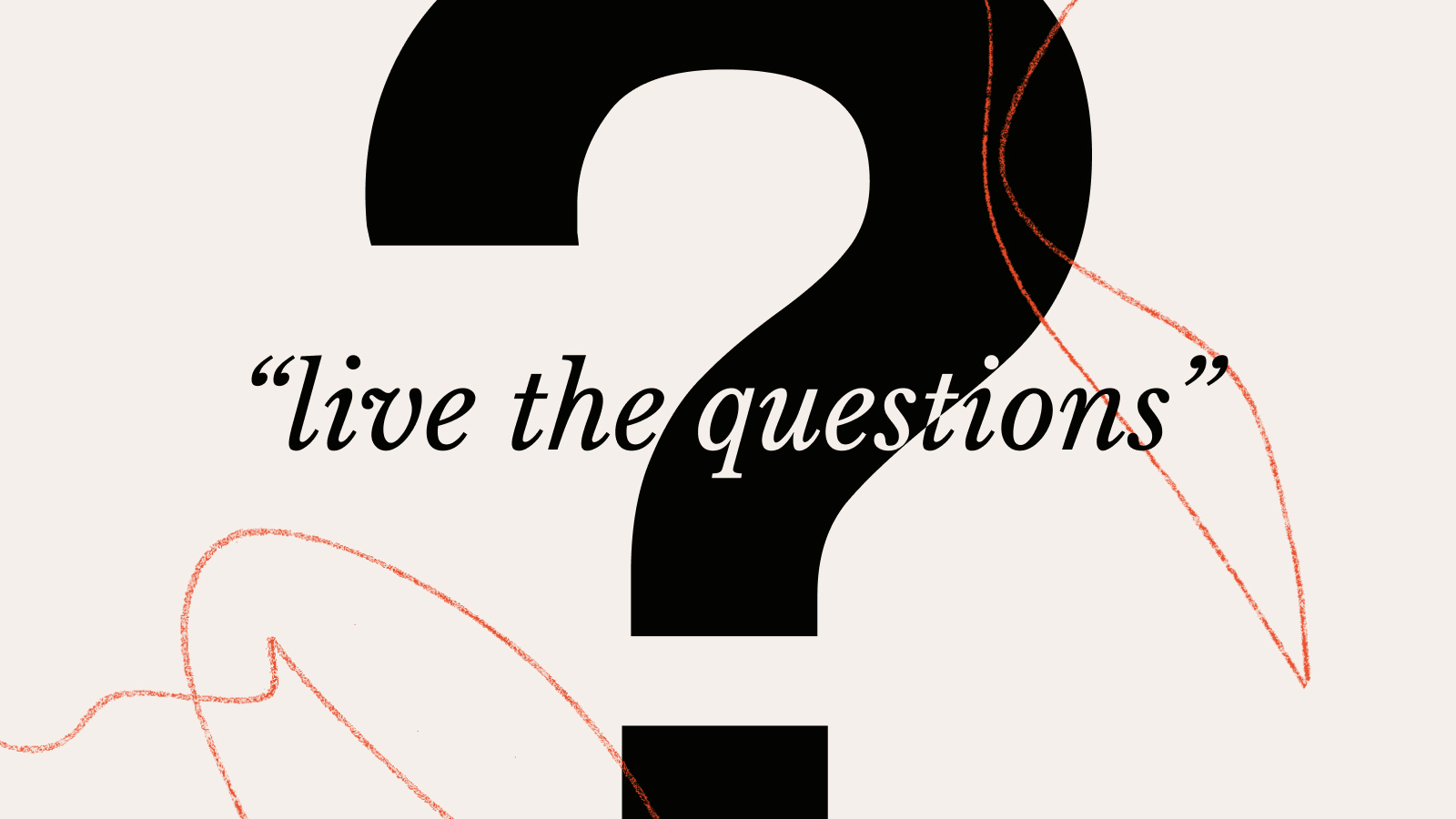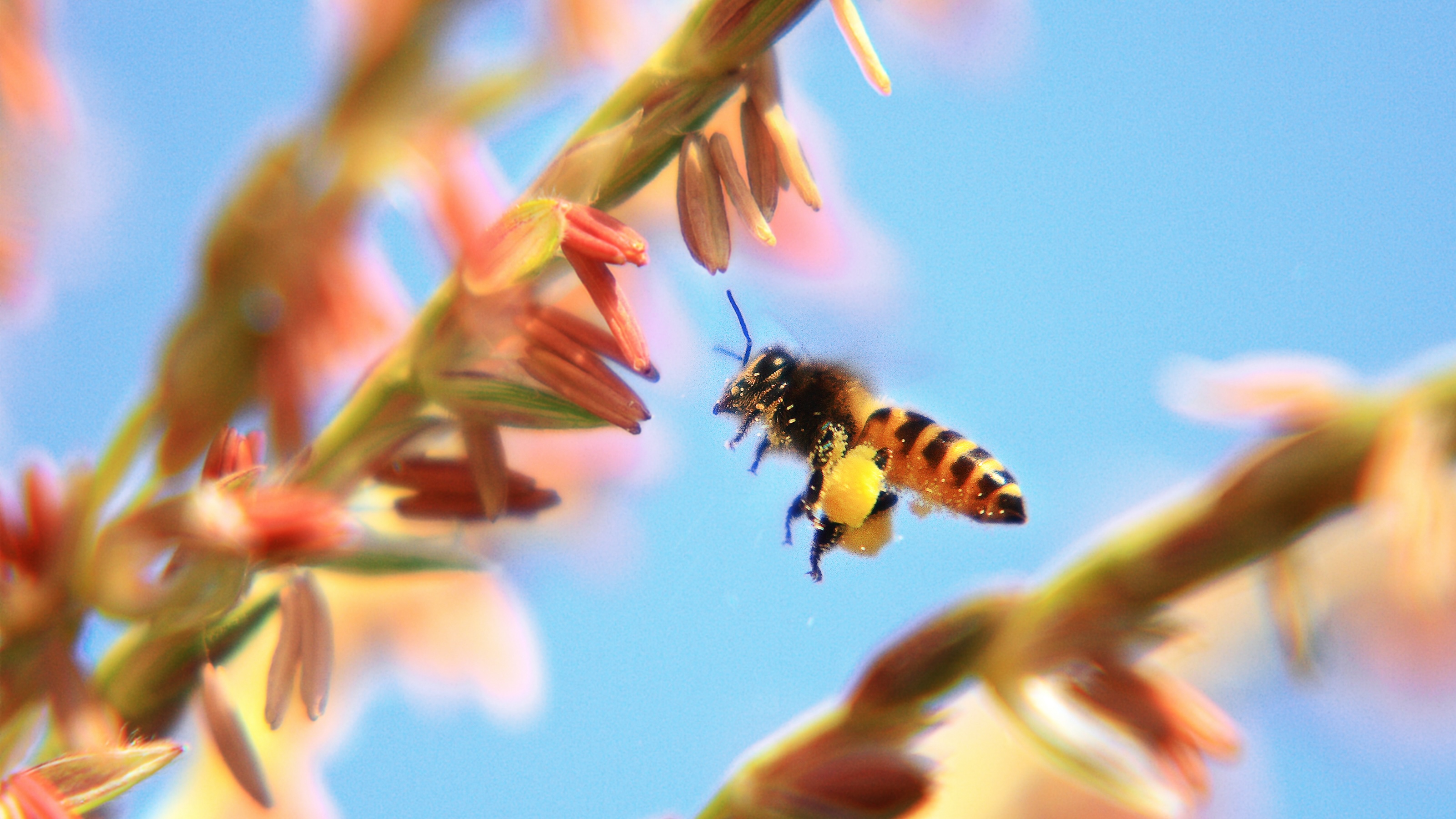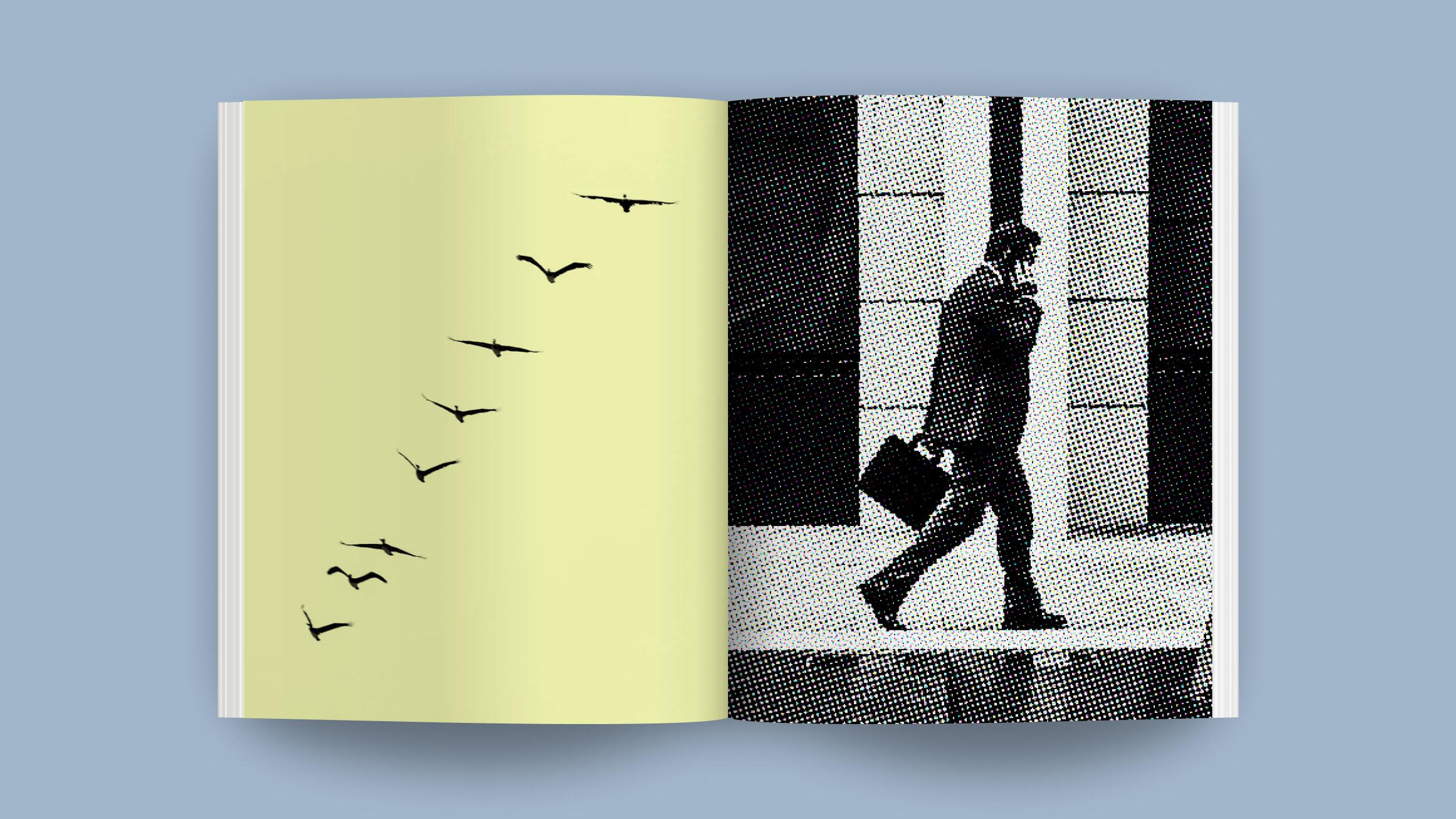Sir Andrew Likierman: Anybody who blows the whistle immediately raises a question: is it the individual? Is it the organization? And, in my view, any organization which has a whistleblower ought to start from the supposition that they are right and there is an issue to address until proved to the contrary. And when I say proved, I do mean proved.
If I had to hazard an opinion, in most cases, there is an element of truth about any whistle-blowing allegation. It may not be absolutely true, but it may indicate something that is a problem -- perhaps not exactly the problem indicated, and that in itself, paradoxically, is valuable to an organization. I mean, what we know from history is that in quite a lot of cases people blew the whistle, nobody paid any attention, it would have been a lot better if the whistleblower had been listened to. That doesn't mean to say all whistleblowers are right, but this is a serious issue.
Actually, scandals coming to the open may be a very healthy sign because, in my experience 20, 30 years ago, a lot happened that was never reported, never discussed, and it certainly wasn't ethical. These kinds of practices today are much more likely to come out in the open. So in that respect, therefore, I’m rather an optimist in terms of the general trend.
Will there always be ethical issues? I think there will. The borderline in terms of what is ethical and not ethical shifts all the time, and we’re not all the same as people. We are very different across countries, across cities, across continents, and it’s unreasonable to believe that everybody will behave in the same way.
I believe that actually there are more checks and balances now in terms of ethical behavior than there were before. If you go back 30, 40, 50 years ago, the environment was one in which people kept very quiet about most things. You didn't discuss them. Things were carved up quietly behind the scenes in a way that today would be regarded as completely unacceptable, and quite rightly.
So in that respect, therefore, is there an ultimate answer, you know, will we all behave ethically? No. The question is: are the mechanisms there to bring them into the open and to cope with them? And not to eliminate them -- because we’ll never do that -- but to minimize their harmful effects.
Directed / Produced by
Jonathan Fowler & Elizabeth Rodd
Andrew is Professor of Management Practice in Accounting and a non-executive director of the Bank of England and Barclays Bank plc, non-executive Chairman of Applied Intellectual Capital plc (an AIM-listed[…]
Related
“Try to love the questions themselves, like locked rooms, like books written in a truly foreign language.”
Ethan Kross, psychologist and author of “Shift,” explains how negative emotions help us live safely and well.
Welcome to The Nightcrawler — a weekly newsletter from Eric Markowitz covering tech, innovation, and long-term thinking.
If “founder mode” runs its course, CEOs should cultivate a new skillset rooted in the authenticity of self-awareness.
There’s value to be found in the arguments that make you uncomfortable — especially in a culture that has trained us to avoid them.





